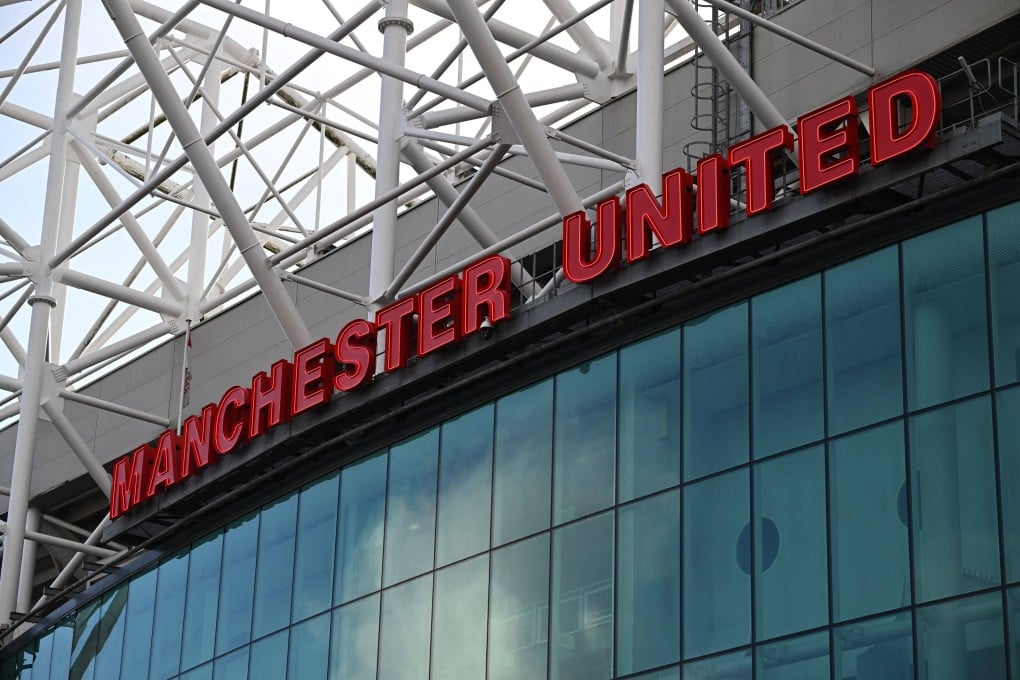Advertisement
Qatar-linked Manchester United bid the next phase in kingdom’s global charm offensive
- The ownership bid aims to elevate Qatar to a ‘position of visibility and legitimacy’, as it seeks to boost ties with Asia and the rest of the world
- Qatar has been working hard to sustain itself as a global event destination, on the back of its successful hosting of the 2022 World Cup
Reading Time:5 minutes
Why you can trust SCMP

The Qatar-linked bid to take over ownership of Britain’s Manchester United Football Club represents the next phase of a global soft power offensive by the gas-wealthy Gulf state, as it seeks to build on its successful hosting of the 2022 Fifa World Cup.
The aims of Doha’s game are manifold, analysts say, but they primarily seek to build a positive public impression worldwide about the tiny emirate by closely associating it with United, one of the most widely-supported clubs in the world’s most popular sport.
“Without doubt, the Manchester United deal is the next big move in soft power projection into the West, especially by Qatar following a very successful World Cup,” said Hussein Ibish, a senior resident scholar at the Arab Gulf States Institute in Washington. “They really managed to make their mark on football at a global level despite not having a very good team or league.”
People love football. If you become the sponsor and deliver what they like, people will generally tend to remember you and in a good context
He said the logic of Qatar’s sporting ambitions was “simple”.
Advertisement
“People love football. If you become the sponsor and deliver what they like, people will generally tend to remember you and in a good context. They’ve already done that with the World Cup, so obviously getting into the European club scene, and particularly through Manchester United, provides a great opportunity,” Ibish said.
“There is no reason for Qatar not to double or triple down on what has been a successful public diplomacy effort involving international football.”
Advertisement
Ibish said the bid for United by Qatari banker Sheikh Jassim bin Hamad al-Thani would be aimed at “an Asian audience, an Arab audience, a British audience and a European audience, probably in that order”.
Advertisement
Select Voice
Choose your listening speed
Get through articles 2x faster
1.25x
250 WPM
Slow
Average
Fast
1.25x